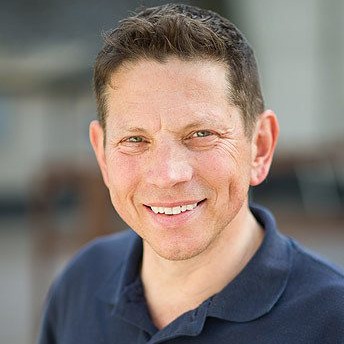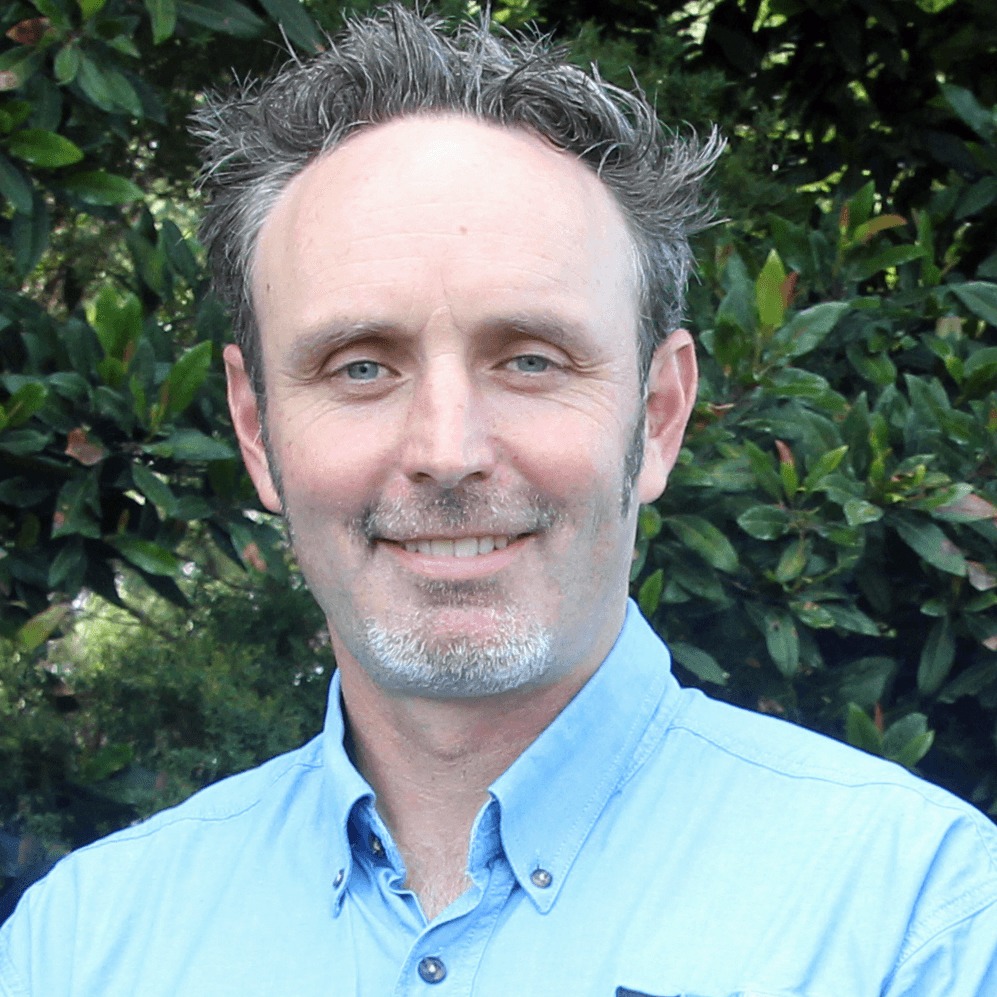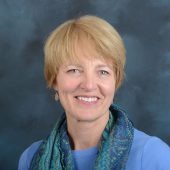Mechanical Lameness Case-Discussions - Shivers, Stringhalt, Fibrotic Myopathy, Nordic Horse Polyneuropathy, Syndromes affecting the Patella & Peroneus Tertius
Species
Equine
Contact Hours
3 Hours
Early Booking Deadline
Thu, 01 January, 1970
Registration Deadline
Thu, 01 January, 1970
Language
English
Discipline
Orthopaedics
Industry Partners
Global

Veterinary Partners
Global


Recorded on: 29th March 2022
Panelists:
Kevin Keegan DVM, MS, DACVS - University of Missouri, USA
Robin Bell BVSc, MVSc, DipVetClinStud, DECVS, DACVSMR - University of Sydney, Australia
Andy Bathe MA, VetMB, DEO, DECVS, DACVSMR, MRCVS - Rossdales, UK
Siv Hanche-Olsen DECEIM, Associate Professor - Oslo University, Norway
Moderator:
Stephanie Valberg DVM, PHD, DACVIM, DACVSMR – Michigan State University, USA
CONTENT DESCRIPTION
Subtle mechanical lameness’, peripheral neuropathies, and movement disorders such as Shivers and Stringhalt can be challenging to diagnose. Recognition of the key clinical signs is the first step toward selecting optimal diagnostic tests, which is followed by the challenge of devising effective management strategies.
The international panel of world-renowned equine specialists and researchers will present and discuss the clinical signs of mechanical lameness, Shivers, Stringhalt, Nordic Polyneuropathy and other conundrums. The current understanding of their underlying basis, diagnostic options and their impact on performance will be discussed. Optimal use of surgery and rehabilitation therapy will be another focal points for discussion.
Andy qualified from Cambridge University Veterinary School in 1989 and subsequently trained in surgery at the University of Bristol and then at Rossdales in Newmarket. After working as University Equine Surgeon at the Queen’s Veterinary School Hospital, University of Cambridge he returned to Rossdales, where he became a partner and, in 2021, a clinical director.
Andy's main areas of speciality lie in orthopaedic surgery and lameness, especially related to competition horses. He has always been interested in the application of novel diagnostic and therapeutic techniques to lameness problems and poor performance. He is a Diplomate of the European College of Veterinary Surgeons and holds the Royal College of Veterinary Surgeons (RCVS) Diploma in Equine Orthopaedics. He is recognised by the RCVS as a Specialist in Equine Surgery.
He has been team vet to the Japanese and British Three Day Event Teams and the British Pony Showjumping Team, as well as working for numerous private competitors at competitions and championships. He was an official treating vet for the 2012 Olympics in London.
In 2015, Andy was awarded Diplomate status by the American College of Veterinary Sports Medicine and Rehabilitation (ACVSMR), which means that he now holds diplomas in three separate areas of expertise (surgery, orthopaedics and equine sports medicine).
Kevin, a Missouri native, graduated from the University of Missouri College of Veterinary Medicine in 1983. He began his career in private equine practice, working in Maryland and Delaware for three years. In 1989, Kevin completed a three-year equine surgery residency and earned a Master of Science degree at the University of Illinois in Urbana-Champaign. During this time, he gained expertise in statics and dynamics, experimental stress analysis, biomedical instrumentation, and signal processing.
After finishing his surgery residency, Kevin returned to private practice near Detroit, Michigan, focusing on equine surgery and lameness. In 1990, he joined the University of Missouri as a clinical instructor and was promoted to Assistant Professor in 1991, and to Associate Professor in 1998. He is board certified by the American College of Veterinary Surgery.
Kevin's primary research interest lies in using computer-assisted gait analysis to diagnose lameness in horses. He is an active member of several professional organizations, including the Missouri Veterinary Medical Association, the American Association of Equine Practitioners, and the American Veterinary Medical Association.
Robin obtained his veterinary degree at the University of Sydney where he also completed an internship at the University Veterinary Teaching Hospital Camden. Following this Robin completed his residency training in Equine Surgery and master’s degree at Massey University in New Zealand, and then worked in a large referral lameness clinic in the United Kingdom. From 2007-2010 he ran the lameness and imaging service at the University of California, Davis in the United States before returning to the University of Sydney. He is a registered European specialist in equine surgery and Board Certified with the American College of Equine Sports Medicine and Rehabilitation.
Robin is an official International Federation for Equestrian Sports (FEI) veterinarian in jumping, dressage and eventing. He is currently the veterinarian for the Australian Jumping Team and Dressage Teams, attending the 2014 World Equestrian Games in Normandy, the 2016 Olympic Games in Rio, the 2018 World Equestrian Games in North Carolina s and the Tokyo Olympic Games. His research interests include the treatment of tendon injuries with stem cells, clinical applications of MR and CT in equine practice, and the early diagnosis of musculoskeletal injuries in equine athletes. Robin is also a keen competitor in show jumping.
Siv qualified from Tierärztliche Hochschule Hannover, Germany, in 1989. After a year in mixed practice in Norway, she returned to Germany spending 6 months at an equine clinic. Thereafter Siv went to Uppsala in Sweden, and worked for 3 years at the Swedish University of Agricultural Sciences, Department of Equine Medicine and Surgery. In 1994 she returned to Oslo and worked for 5 years at a large equine hospital at the racetrack before she went to her present workplace at the Norwegian University of Life Sciences, Equine Hospital. Siv did an alternative residency in internal medicine and became a Diplomate of the European College of Equine Internal Medicine in 2010. In 2017 she completed her PhD thesis “Acquired Equine Polyneuropathy – clinical, pathological and epidemiological aspects”. As an associate professor in internal medicine, Siv is now dividing her time between the clinical work at the hospital, teaching students and postgraduates, including giving lectures at courses and conferences, and doing research. Siv covers all parts of internal medicine, but her favorite areas include neurology and foals.
_x000D_
Stephanie Valberg, the Mary Anne McPhail Dressage Chair in Equine Sports Medicine, is professor and director of the Neuromuscular Diagnostic Laboratory. She received her DVM from the University of Guelph Ontario Veterinary College and her PhD in equine exercise physiology from the Swedish University of Agricultural Sciences. She is board certified in large animal internal medicine and veterinary sports medicine and rehabilitation. Valberg is an international leader in understanding and managing equine neuromuscular disorders.
The overarching goal of Valberg’s research and clinical work is to define the basis for neuromuscular disorders in horses, develop accurate, minimally invasive diagnostic tests, and produce optimal methods for preventing or managing performance limiting diseases. Valberg’s work in equine muscle disease has transformed equine clinical practice. Her research has led to the discovery of previously unknown muscle disorders, identification of their genetic basis, and development of nutritional strategies to minimize muscle pain.
Valberg is widely published, and has mentored graduate students, interns, residents, and post-doctoral students and is a recipient of numerous awards such as the 2014 Richard Hartley Clinical Award from the British Equine Veterinary Association for her research linking seasonal pasture myopathy to box elder tree seeds. In 2012, Valberg became the first woman to be inducted into the Equine Research Hall of Fame. She has twice received the Pfizer Research Excellence Award, and in 1998 received the EquiSci International Award, an honor presented every four years to the individual whose work most significantly impacts equine exercise physiology research.
Veterinary Student
Online Panel Discussion
USD 35.00
Qualified Vet
Online Panel Discussion
USD 85.00
Intern/Resident (Requires proof of status)
Online Panel Discussion
USD 65.00
Vet Nurse/Vet Tech (Requires proof of status)
Online Panel Discussion
USD 65.00
If the options you are looking for are unavailable, please contact us.
No tax will be added unless you are a UK taxpayer
Choose currency at checkout



















